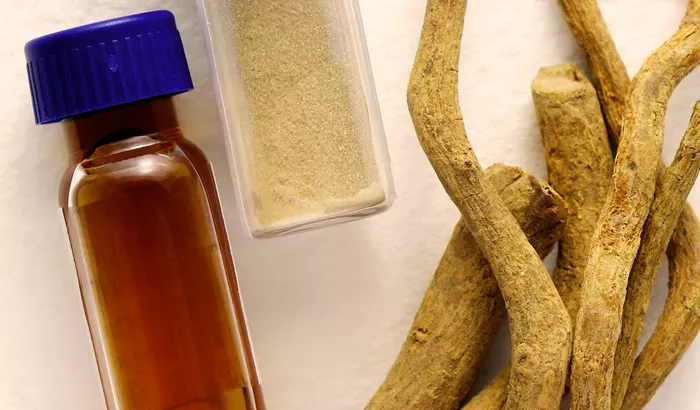For years, people have traveled to clinics in Mexico to use ibogaine, a psychedelic extract from an African shrub. Under medical supervision, patients take ibogaine to experience intense hallucinations lasting over 12 hours. The goal is to help treat addiction and brain injuries.
Ibogaine is illegal in the United States. However, Texas is preparing to spend up to $50 million to start clinical trials on the drug. Supporters hope this will speed up federal approval for medical use.
The Texas program is the largest public investment in psychedelic research so far. It has attracted attention in Washington, where officials under former President Donald Trump showed interest in psychedelics to help veterans with PTSD and brain trauma.
Calley Means, a senior White House health adviser, praised the Texas initiative as a bold, evidence-based step toward solving mental health problems.
Texas lawmakers passed the bill in late May. Governor Greg Abbott is expected to sign it soon. The program will fund a partnership between a university, a hospital, and a drug developer. They must match the state’s funding with private money. Texas will receive at least 20% royalties from any successful ibogaine drug, with a quarter of that money supporting veterans’ services.
Ibogaine is less known than other psychedelics like psilocybin (magic mushrooms) and MDMA (ecstasy). But veterans’ groups and biotech companies are increasingly interested in it. The National Institute on Drug Abuse has given over $14 million in grants for ibogaine research.
Despite this, ibogaine remains a Schedule I drug in the U.S., considered to have no accepted medical use and a high risk of abuse. No U.S. clinical trials have been completed. Experts warn ibogaine can cause heart problems by delaying electrical signals.
Supporters argue ibogaine is rarely used recreationally and may help regrow brain networks damaged by addiction. A 2024 Stanford study found Special Operations veterans treated with ibogaine showed better cognitive function and fewer brain injury symptoms.
W. Bryan Hubbard, head of the American Ibogaine Initiative, said ibogaine “stands alone” among psychedelics and could change how addiction and trauma are treated.
Skeptics question spending on ibogaine, suggesting funds might be better used on proven treatments or safer psychedelics already in FDA trials. Alan K. Davis, a psychedelic research director at Ohio State University, said drug development could take a decade. He noted many patients do not have positive experiences with ibogaine.
Interest in psychedelics is growing across diverse groups, including tech entrepreneurs, celebrities, and everyday people. Some states like Oregon and Colorado have legalized psilocybin therapy programs, though federal law still bans these drugs.
Read more:


